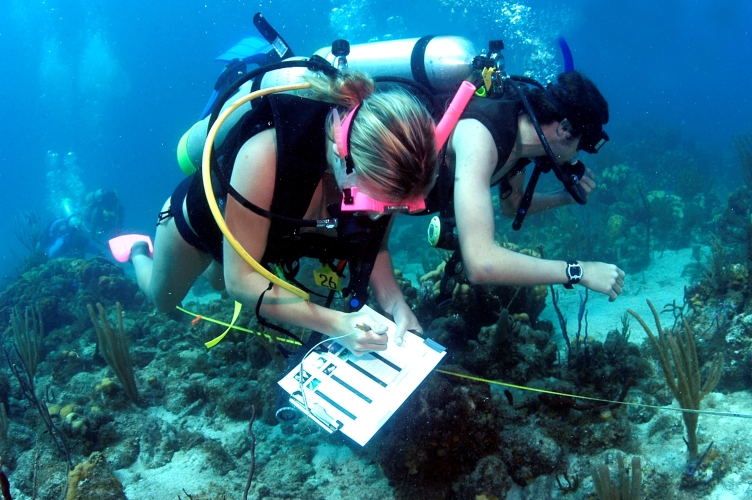Services Core
Oceanography.

Overview
As geologist specializing in oceanography, I play a crucial role in understanding the dynamic and complex geological features of the ocean floor. My work involves a combination of fieldwork, data analysis, and collaboration with multidisciplinary teams.
Define Research Objectives:
Identify and articulate specific research questions or objectives related to marine life and ecosystems. This may include studying the distribution, abundance, and behavior of marine organisms, as well as their interactions with the environment.
Literature Review:
Conduct a thorough review of existing literature to understand the current state of knowledge in the field. This involves studying relevant scientific papers, articles, and other publications to build a foundation for the research.
Field Sampling:
Design and implement field sampling plans to collect biological data from various marine environments. This may involve deploying nets, traps, or other sampling tools to gather information about plankton, fish, marine mammals, and other organisms.
Data Collection and Analysis:
Collect biological samples and data using specialized equipment. This includes processing samples in the laboratory, measuring variables such as species composition, abundance, and physiological characteristics. Analyze collected data using statistical methods to draw meaningful conclusions.
Use of Technology:
Utilize advanced technologies such as underwater vehicles, remotely operated vehicles (ROVs), and autonomous underwater vehicles (AUVs) to explore and study marine ecosystems at different depths. Employ satellite imagery and other remote sensing techniques for broader-scale observations.
Collaboration and Networking:
Collaborate with other scientists, oceanographers, and experts in related fields to share findings, insights, and methodologies. Attend conferences, workshops, and seminars to stay updated on the latest research and establish professional connections within the scientific community.
Modeling and Predictions:
Develop and use ecological models to simulate and predict the dynamics of marine ecosystems. These models may help in understanding the impacts of environmental changes, climate variability, and human activities on marine life.
Communicate Findings:
Prepare and present research findings in scientific journals, conferences, and other forums. Effectively communicate complex scientific concepts to diverse audiences, including policymakers, the general public, and fellow scientists. This step is crucial for advancing knowledge and promoting informed decision-making regarding marine conservation and management.
.jpg)
